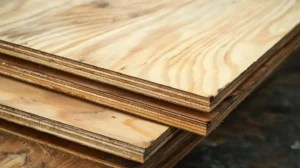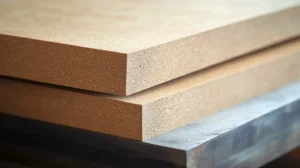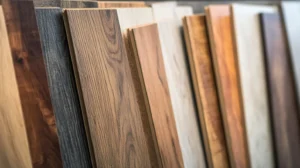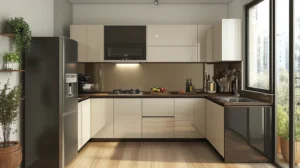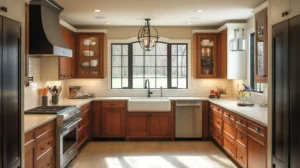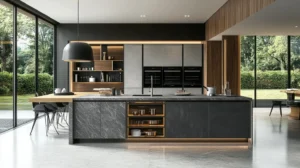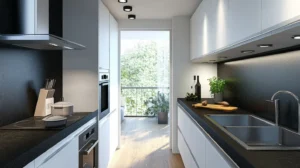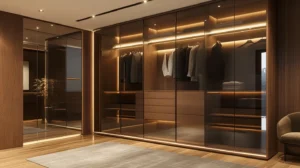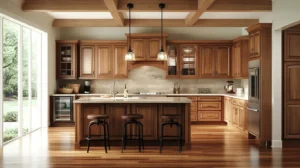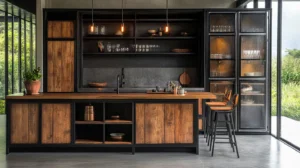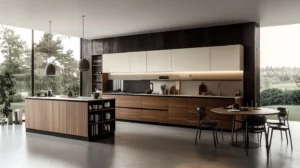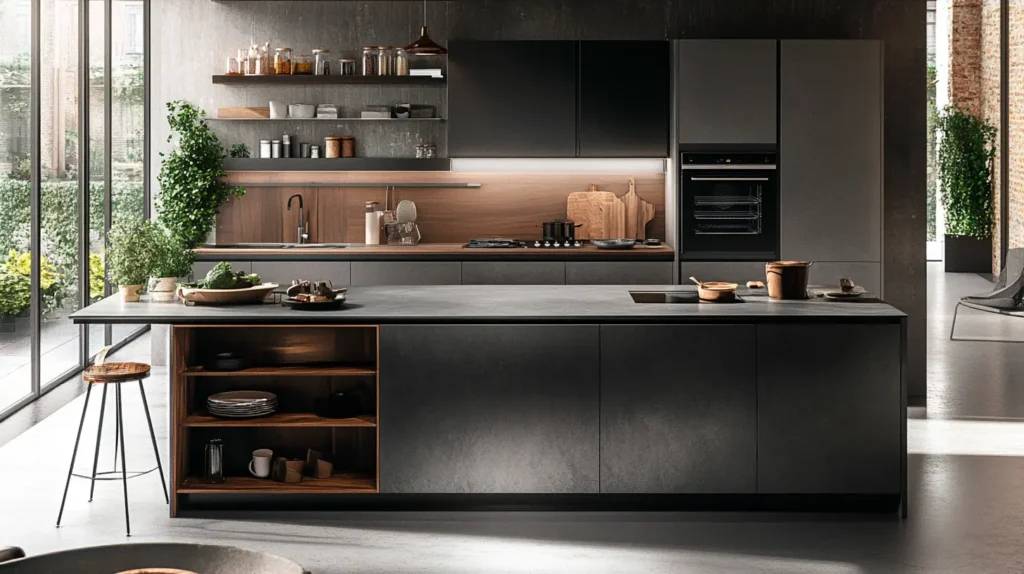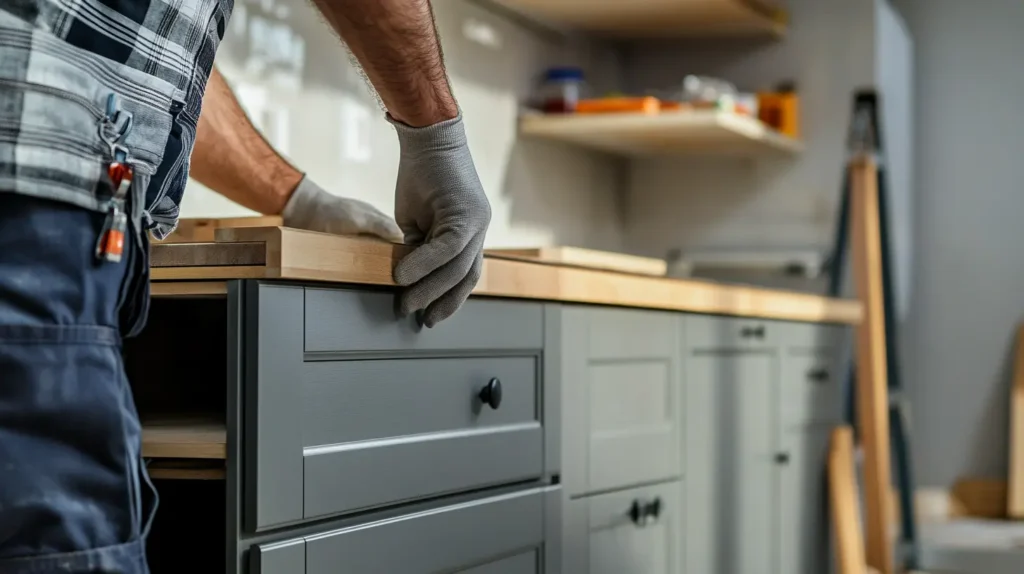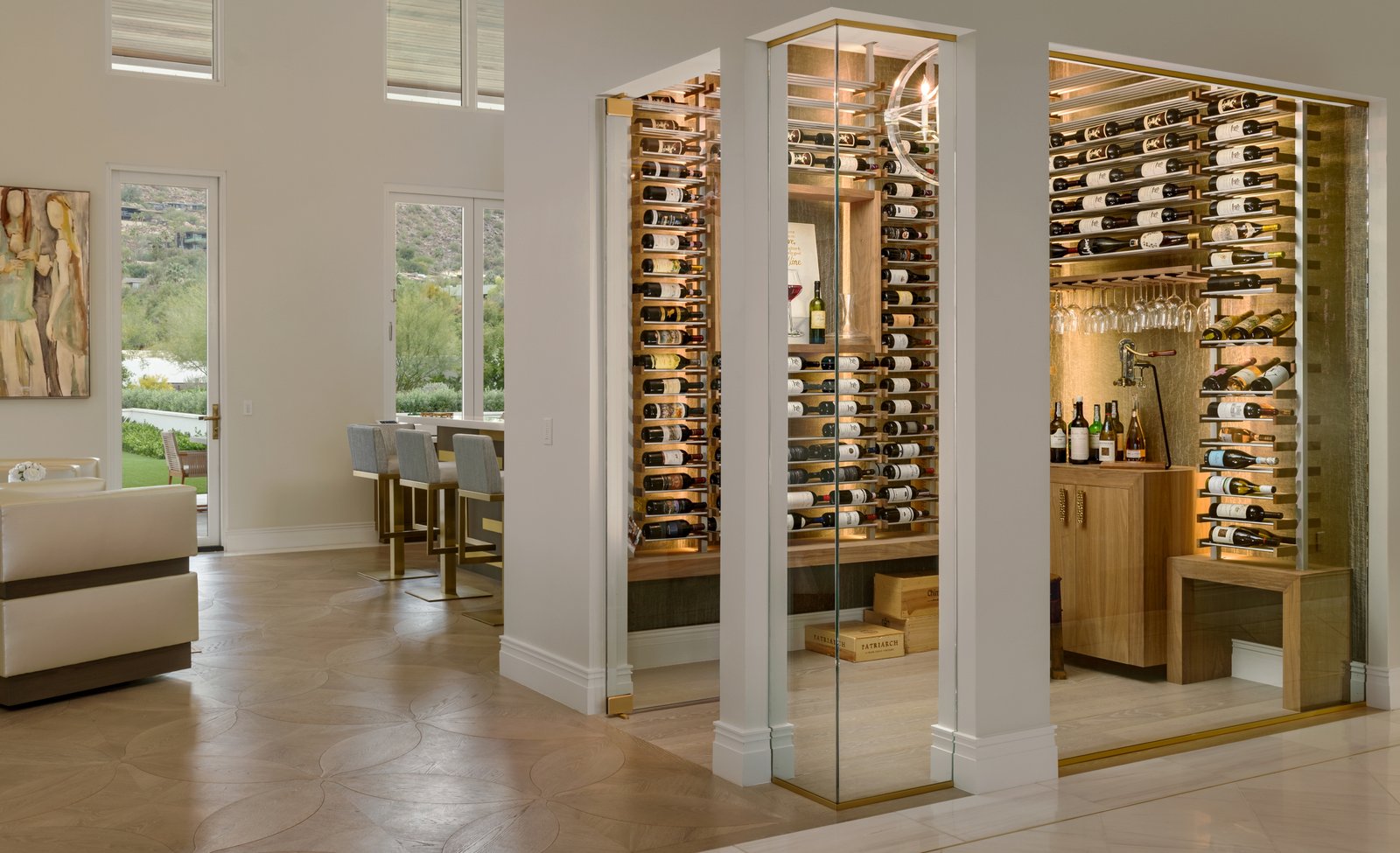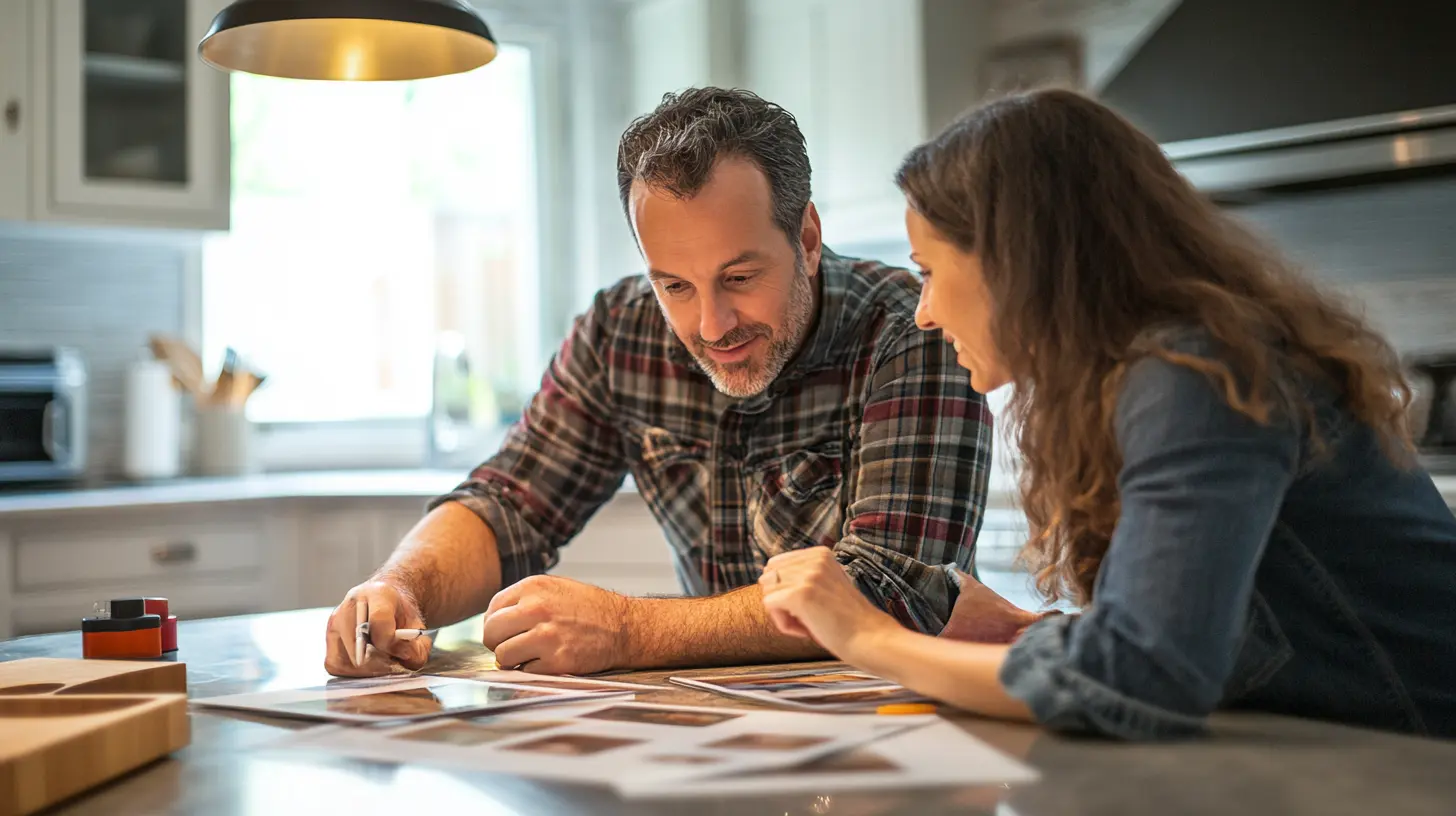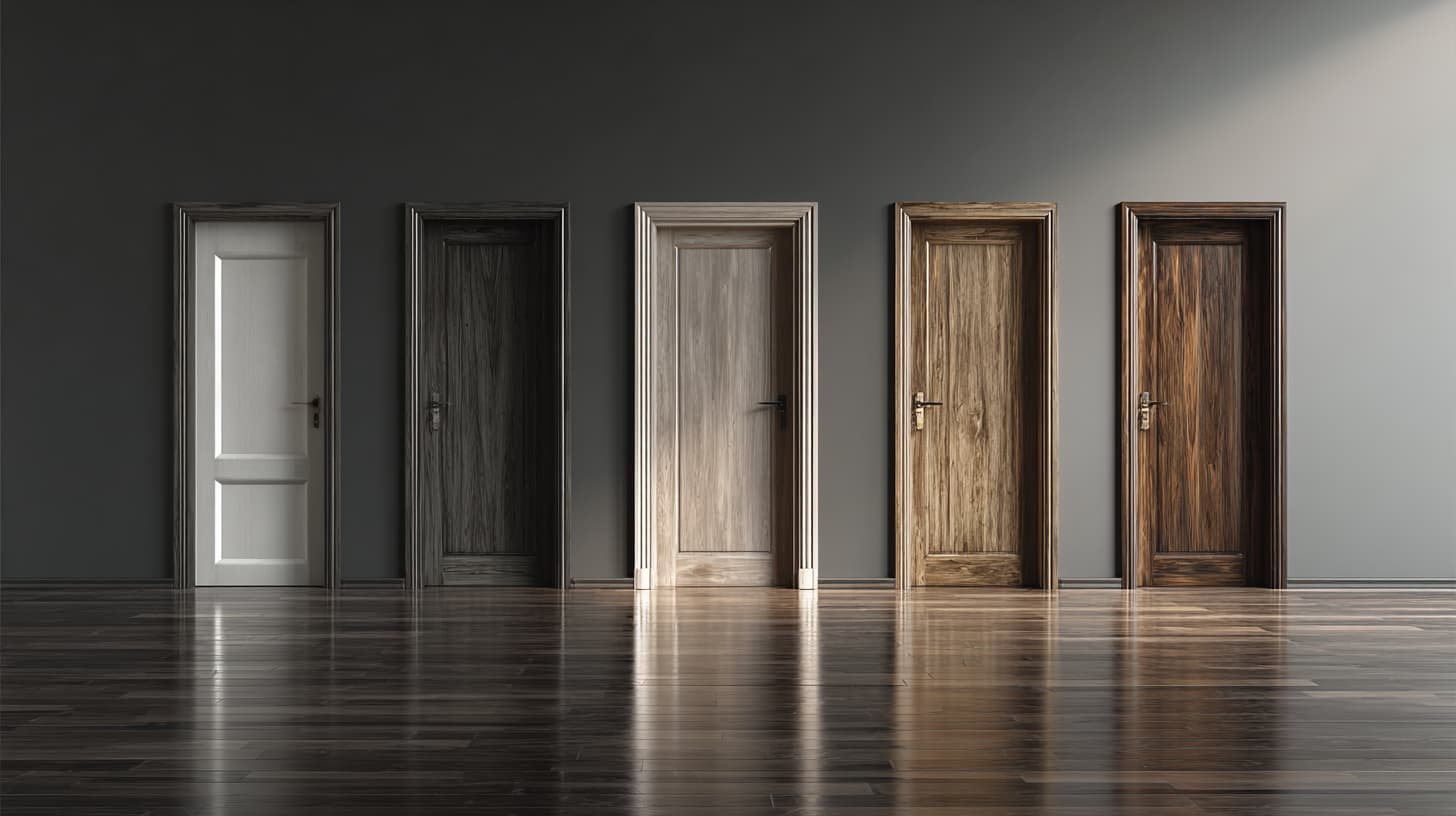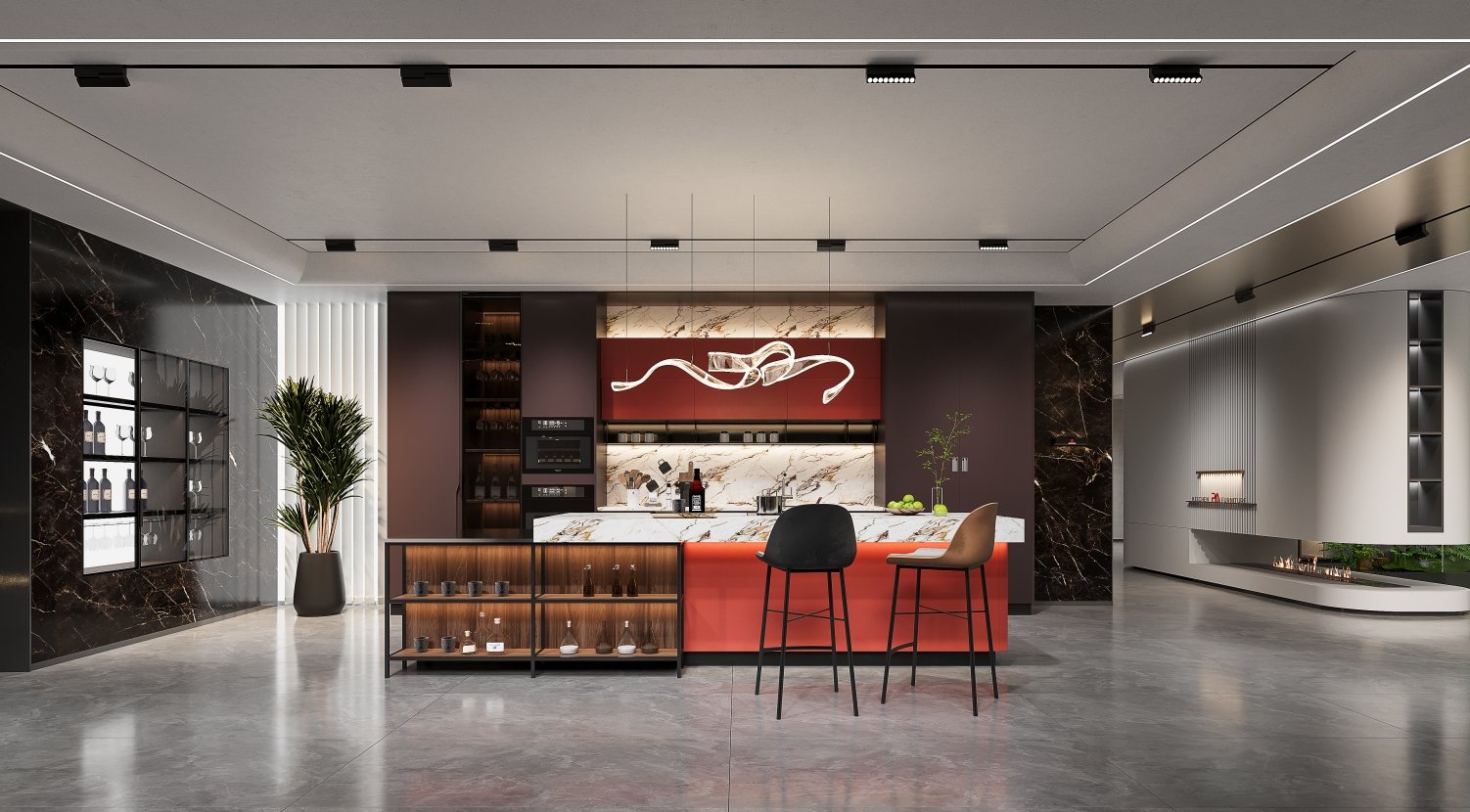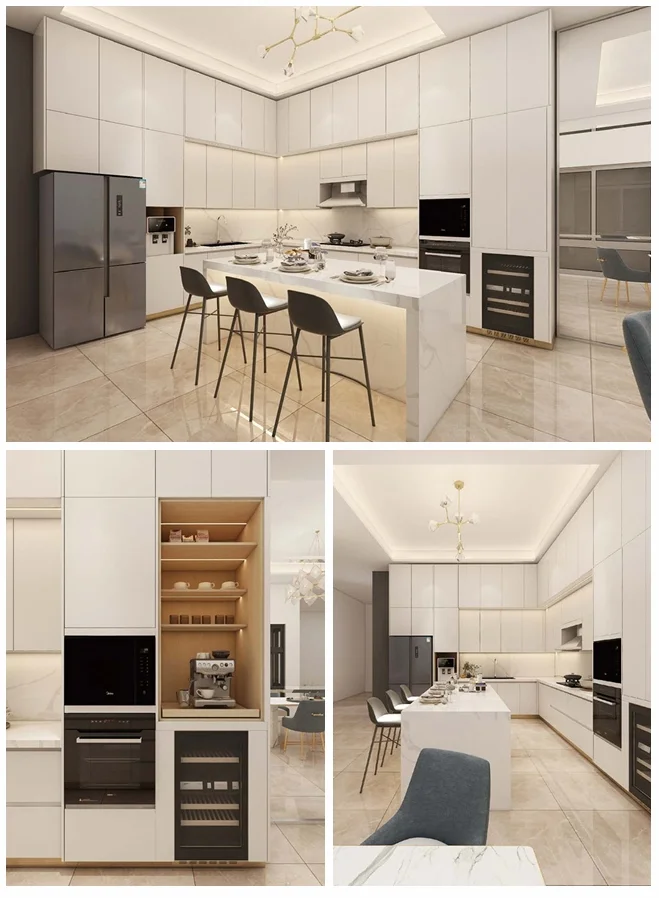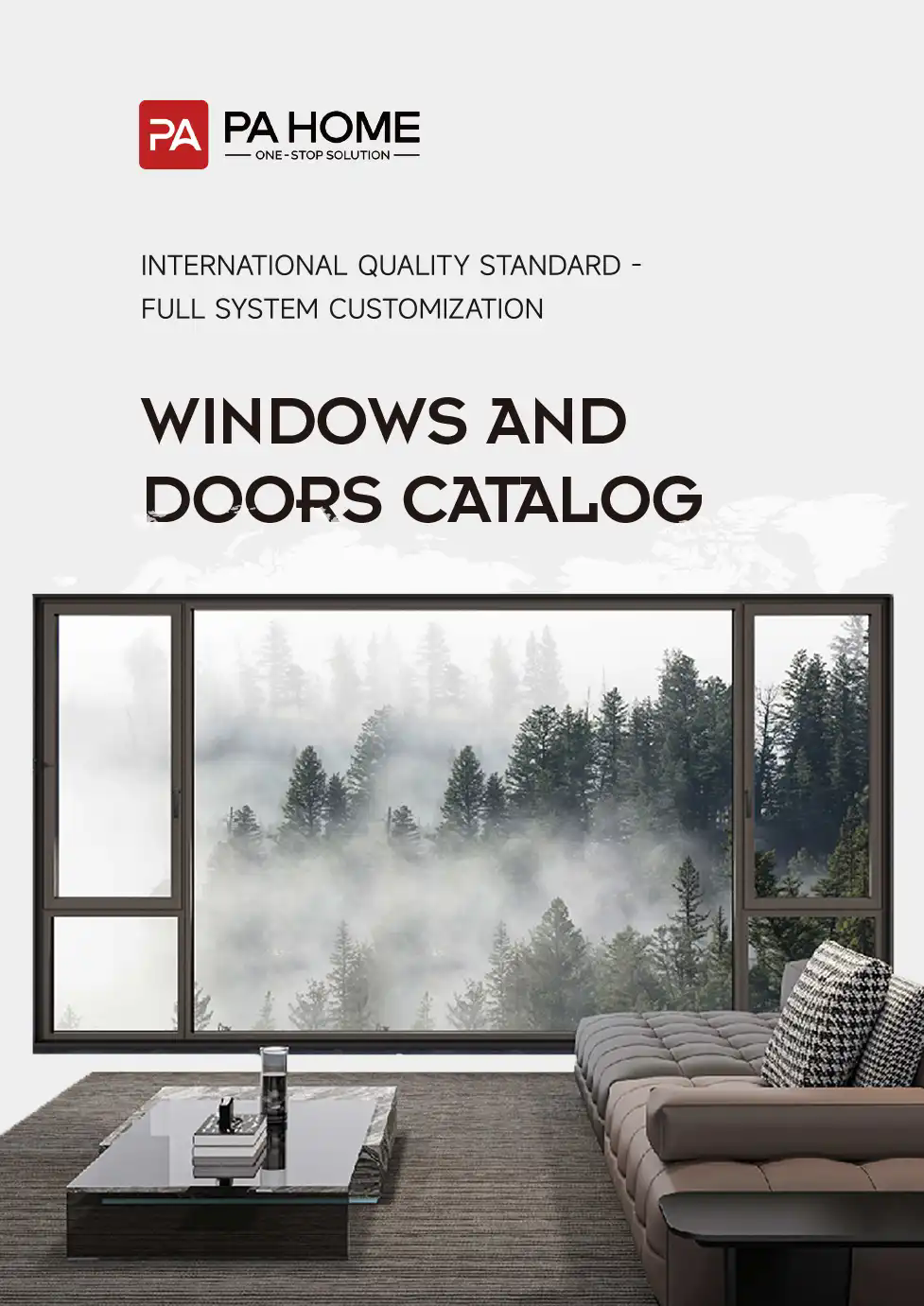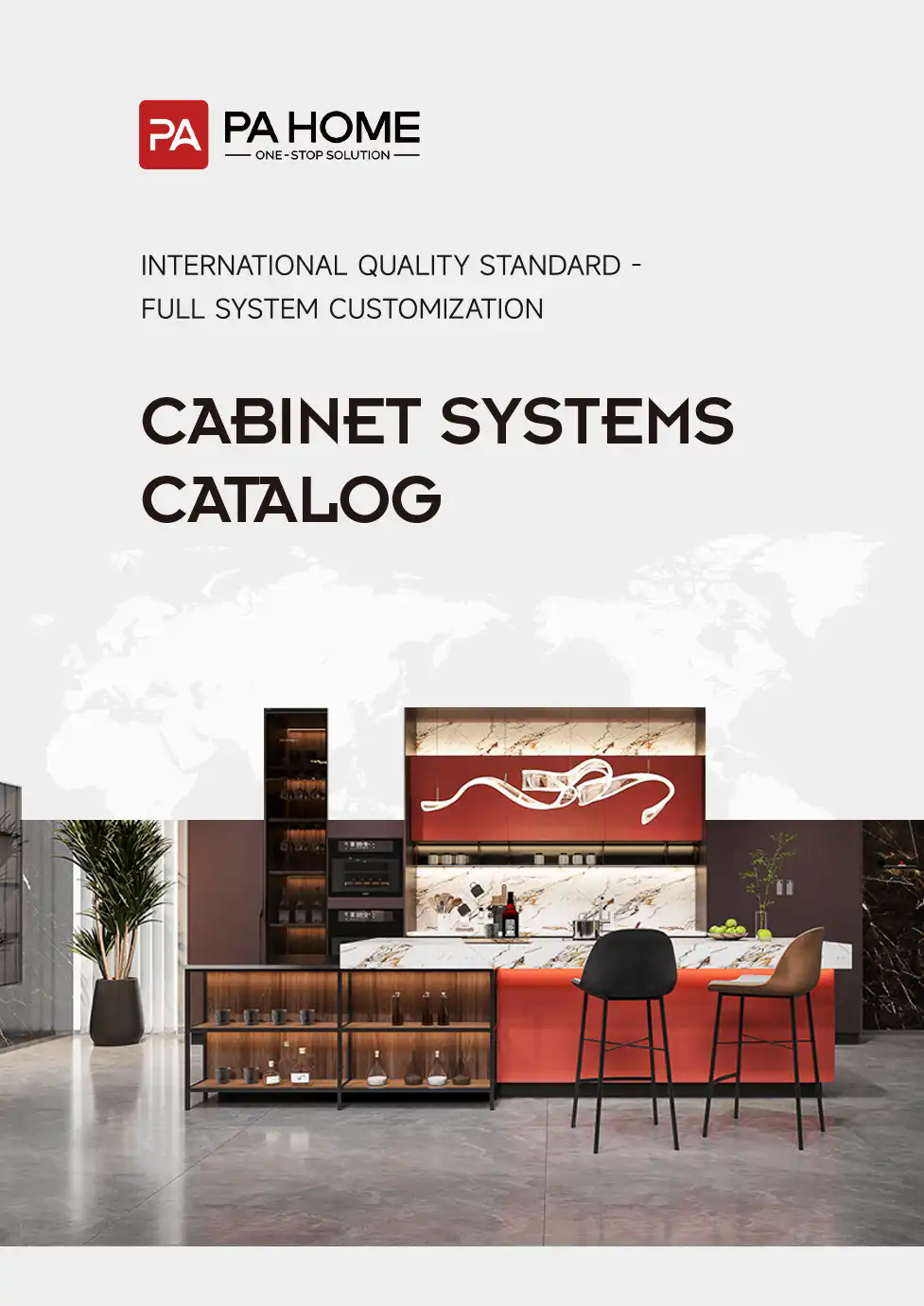When it comes to transforming your kitchen cabinet indonesia home, one of the most significant decisions you can make is how to custom kitchen cabinets that fit your unique style and needs. Custom cabinetry offers a personalized touch, making your kitchen both functional and stylish. In this guide, we’ll explore everything you need to know about how to custom kitchen cabinets—from choosing the right materials to finding the perfect design.
1.REASON:
What Makes Custom Kitchen Cabinets a Smart Choice for Your Home?
Have you ever wondered how to custom kitchen cabinets that perfectly suit your space? The answer lies in the ability to design every aspect to fit your specific needs. Custom cabinets allow you to optimize storage, enhance aesthetics, and increase the value of your home.
Why Choose Custom Cabinets?
Perfect Fit
Custom kitchen cabinets are made specifically for your kitchen’s dimensions, ensuring a seamless fit that off-the-shelf cabinets can’t offer.
Increased Storage
Whether you need deep drawers for pots or pull-out shelves for spices, custom cabinets can be designed to utilize every inch of available space.
Personalized Design
How to custom kitchen cabinets also means choosing your preferred materials, colors, finishes, and hardware—everything can be tailored to match your vision.
2.Material:
How to Choose the Right Materials for Your Custom Kitchen Cabinets?
Selecting the right materials is a key step when learning how to custom kitchen cabinets. The materials you choose will affect both the cabinet’s look and its longevity. Here’s a quick breakdown of popular material options:
Solid Wood
Timeless and classic, wood like maple, oak, and cherry offers durability and beauty.
Plywood
Known for its strength and resistance to warping, plywood is a great choice for custom cabinets, especially in areas prone to humidity.
MDF
(Medium-Density Fiberboard): A smooth surface perfect for painting, offering a sleek modern look at a more affordable price.
Laminate
For a budget-friendly, sleek finish, laminate provides a variety of colors and textures.
3.Layouts
What Kitchen Layouts Are Best for Custom Cabinets?
When planning how to custom kitchen cabinets, it’s important to consider your kitchen layout. A thoughtful layout can significantly enhance both the functionality and flow of your kitchen.
Popular Layouts
U-Shaped
Provides ample counter space and is great for larger kitchens.
Island Kitchen
Offers central storage and workspace, perfect for social kitchens.
Galley Kitchen
A more efficient layout, particularly suited for narrow spaces.
4.Design:
How to Design Custom Kitchen Cabinets that Fit Your Personal Style?
Designing how to custom kitchen cabinets is all about blending functionality with aesthetics. With custom cabinets, you can create a kitchen that reflects your personal taste and maximizes usability.
Design Styles to Consider
Modern
Sleek, minimal designs with clean lines, and high-tech finishes like glass or stainless steel.
Traditional
Elegant, with detailed moldings, raised panels, and warm wood tones.
Rustic
Natural wood finishes and distressed textures, perfect for a cozy farmhouse vibe.
Transitional
A blend of modern and traditional styles, offering the best of both worlds.
5. Cost
What Is the Typical Cost of Custom Kitchen Cabinets and How Can You Budget?
One of the most important questions people ask when considering how to custom kitchen cabinets is, “What will it cost?” The cost of custom cabinets can vary greatly depending on materials, design complexity, and cabinet maker fees. Here’s a breakdown of the typical cost components:
How Much Should You Expect to Pay?
Materials
Solid wood and high-end finishes like granite or marble will raise the price, while MDF or plywood will offer savings.
Design & Labor
Custom designs, intricate details, and professional installation will increase the cost.
Estimated Price Range
For most homeowners, custom kitchen cabinets typically range from $5,000 to $20,000, depending on the kitchen’s size and the materials selected.
How to Budget for Custom Cabinets
Prioritize High-Impact Areas
Spend more on highly visible areas like the kitchen island or open shelving.
Multiple Quotes
Don’t settle for the first price you receive—get at least three quotes from different cabinet makers.
DIY Options
If you’re handy, consider assembling the cabinets yourself to save on installation costs.
6. Supplier:
How Can You Find a Reliable Cabinet Maker for Your Custom Project?
Knowing how to custom kitchen cabinets doesn’t mean you’ll be able to do it all yourself. Finding a reliable cabinet maker is key to ensuring the job is done right. Here’s what to look for when selecting a cabinet maker:
What Should You Look for in a Cabinet Maker?
Experience
A seasoned professional will have a portfolio of completed projects and the expertise to execute your design.
Reviews & References
Always check reviews and ask for references to ensure the cabinet maker has a good reputation.
Certifications
Ensure that the cabinet maker holds the necessary licensing and insurance to protect you and your project.
Questions to Ask Potential Cabinet Makers
1.Can you provide an estimate for materials and labor?
2.Do you have experience working with the design style I prefer?
3.What is the timeline for completion?
Introduce a reliable cabinet maker
When looking for a reliable cabinet maker for your custom kitchen project, PA Home is a top choice for quality and expertise. With years of experience in the home improvement industry, PA Home specializes in providing high-quality custom cabinetry solutions. They offer a wide range of design options, from modern minimalist to traditional styles, and ensure that each project is tailored to fit your unique needs and preferences.
PA Home is committed to excellence and customer satisfaction, and they have a proven track record of delivering projects on time and within budget. As a licensed and insured provider, they guarantee professionalism and security throughout the process. Whether you’re upgrading a kitchen, bathroom, or any other area of your home, PA Home has the knowledge and skills to bring your vision to life with precision and care. For more information on their services and to get a personalized consultation, visit PA Home.
7. Mistakes
What Are the Common Mistakes to Avoid When Installing Custom Kitchen Cabinets?
When you’re learning how to custom kitchen cabinets, avoiding installation mistakes is critical. Incorrect measurements or poor installation can lead to costly fixes. Here are common pitfalls and how to avoid them:
What Should You Watch Out For?
Incorrect Measurements
Double-check measurements before placing your order to avoid the frustration of ill-fitting cabinets.
Poor Installation
Installing custom cabinets requires skill. Hire experienced professionals who specialize in custom cabinetry.
Lack of Functionality
Always ensure that your cabinets are functional as well as beautiful. Make sure doors open fully, drawers don’t obstruct each other, and shelves are easy to access.
8. Maintain and Care
How Can You Maintain and Care for Your Custom Kitchen Cabinets?
Your custom cabinets can last for decades with the right care. Here’s how to ensure your cabinets remain in pristine condition:
How to Clean and Care for Custom Cabinets
Regular Dusting
Dust your cabinets often to prevent buildup and preserve the finish.
Use Gentle Cleaners
Stick to mild, non-abrasive cleaners to protect your cabinet’s surface.
Polish Wooden Cabinets
If your cabinets are made of wood, use quality furniture polish to keep them looking shiny and moisturized.
How to Prevent Damage
Keep Cabinets Dry: Avoid moisture buildup, especially in areas with high humidity, to prevent warping.
Handle Carefully: Avoid slamming cabinet doors and drawers to maintain their integrity over time.
9.Trends
What Trends Are Shaping the Future of Custom Kitchen Cabinets?
As you explore how to custom kitchen cabinets, it’s worth noting the latest trends that are shaping the industry. These trends can help you create a kitchen that’s not only functional but also on the cutting edge of design.
What’s New in Materials?
Sustainable materials, such as bamboo and recycled wood, are becoming increasingly popular in custom kitchen cabinetry. These eco-friendly options are both attractive and environmentally responsible.
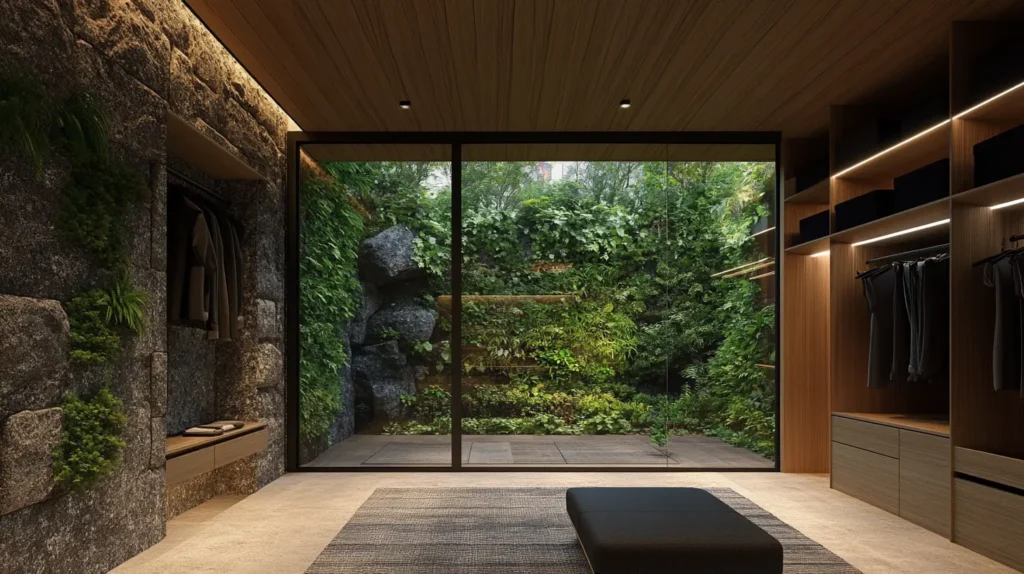
The Rise of Smart Cabinets
Smart technology is now available in custom cabinets, from touch-sensitive lighting to motion-activated drawers. These innovations are perfect for modern kitchens and provide a level of convenience that traditional cabinets can’t offer.
Conclusion:
Understanding how to custom kitchen cabinets is key to creating a kitchen that’s both functional and aesthetically pleasing. By carefully selecting materials, design, and layout, and by avoiding common pitfalls, you can ensure your custom kitchen cabinets meet your needs and exceed your expectations. Whether you’re upgrading your current kitchen or building a new one, custom cabinets are a valuable investment that will last for years to come.
FAQs
What are the benefits of custom kitchen cabinets over pre-made ones?
Custom kitchen cabinets offer a tailored fit for your space, maximizing storage, and providing the flexibility to choose materials, styles, and features that match your personal needs and aesthetic.
How do I choose the right material for my custom kitchen cabinets?
When choosing materials, consider durability, style, and the climate in your area. Popular choices include hardwood, MDF, plywood, and laminate, with each offering different levels of durability and cost.
How much do custom kitchen cabinets cost?
The cost of custom kitchen cabinets varies depending on factors like material, design complexity, and size. On average, prices can range from $5,000 to $20,000 or more.
How long does it take to install custom kitchen cabinets?
Installation timelines depend on the complexity of the design and the size of the kitchen, but it typically takes 2 to 6 weeks from design to installation.
What maintenance is required for custom kitchen cabinets?
To maintain custom kitchen cabinets, regularly dust and clean them with gentle, non-abrasive cleaners. Wood finishes may require occasional polishing, and it’s important to avoid excess moisture to prevent warping.
Related posts:
- What’s the Best Material for Custom Cabinets in Indonesia?
- Home Depot Kitchen Cabinets vs. Custom Cabinets: What You Need to Know Before You Buy
- 2025 Custom Kitchen Cabinet Trends Research Report
- How to Choose the Perfect Custom Display Cabinet ?
- Best 20 White Kitchen Cabinet Designs for 2025 Trends in Indonesia


